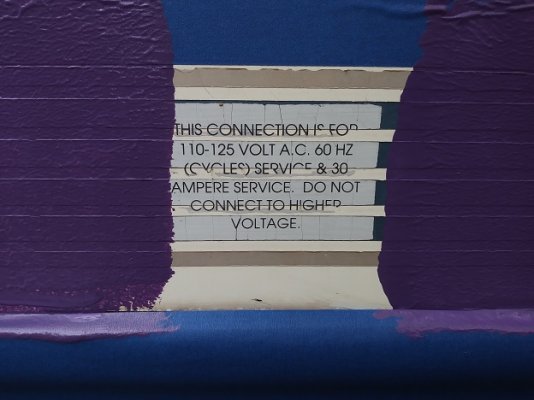scottydl
Site Team
Thanks for posting an update! The RV ownership experience, as you are learning, can certainly be an eye opener. It's good to hear that you are getting all of the important systems checked and replaced.
For photos, if the files are too large for forum requirements (the maximum file sizes are shown in the attachment area), the message will likely not post. You might want to check that. Photos can be resized pretty easily in Paint (free in any version of Windows) or in a variety of other photo editing software platforms.
For photos, if the files are too large for forum requirements (the maximum file sizes are shown in the attachment area), the message will likely not post. You might want to check that. Photos can be resized pretty easily in Paint (free in any version of Windows) or in a variety of other photo editing software platforms.

